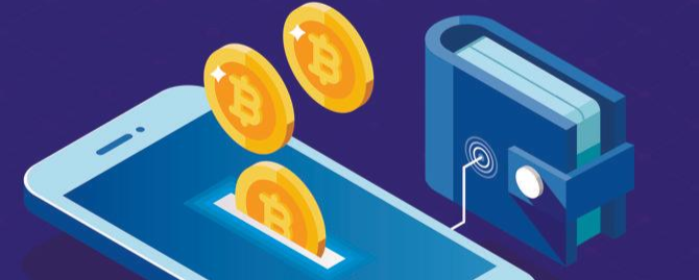A critical Chrome vulnerability could drain cryptocurrency wallets by allowing arbitrary code execution from the browser. The flaw, identified as CVE-2025-10585 and located in the V8 engine, exposes private keys and funds to remote attacks. Charles Guillemet, CTO of Ledger, warns that an immediate update to version 140.0.7339.185/.186 or later is mandatory, especially for browser-based wallet users and those interacting with dApps without additional isolation.
Context and Impact of the Chrome Exploit
The flaw is a “type confusion” bug in the JavaScript and WebAssembly V8 engine, which allows the browser to treat one data type as another and break sandbox barriers, enabling the execution of malicious code from a web page. Google patched the vulnerability and released a security update to reduce the risk.
The threat is real and active: malware campaigns are already targeting browser wallets. Cases include ModStealer and malicious extensions GreedyBear, which once stole nearly $1 million. Large-scale exploits on exchanges and DEXs have also been reported, with losses of $81 million at Nobitex, $27 million at BigONE, and $260 million at Cetus DEX, demonstrating attackers’ ability to turn vulnerabilities into multi-million-dollar losses.
Implications and Mitigation Measures
Combined with common attack vectors — malicious extensions, phishing sites, or compromised dApps — exploitation can result in credential theft or fraudulent transaction signing in unpatched browsers.
Key measures for users and security teams:
Update Chrome immediately to version 140.0.7339.185/.186 or later.
Minimize the use of browser wallets without a hardware wallet; these isolate private keys from the browser.
Review and audit installed extensions, as previous attacks have leveraged extensions to steal funds.
Verify URLs and permissions when connecting a wallet to a website or dApp.

Key Facts
Vulnerability: CVE-2025-10585, a “type confusion” in V8.
Patch: update to Chrome 140.0.7339.185/.186 or later.
Observed vectors: malicious extensions, wallet-targeted malware, compromised sites.
Precedents: thefts via extensions and exploits on exchanges/DEXs with multi-million-dollar losses.
Installing the Google patch is the immediate and verifiable action. Beyond the update, it’s crucial to strengthen defense-in-depth, including using hardware wallets, controlling extensions, and maintaining safe browsing habits, while monitoring official alerts for new variants or exploits related to CVE-2025-10585.

